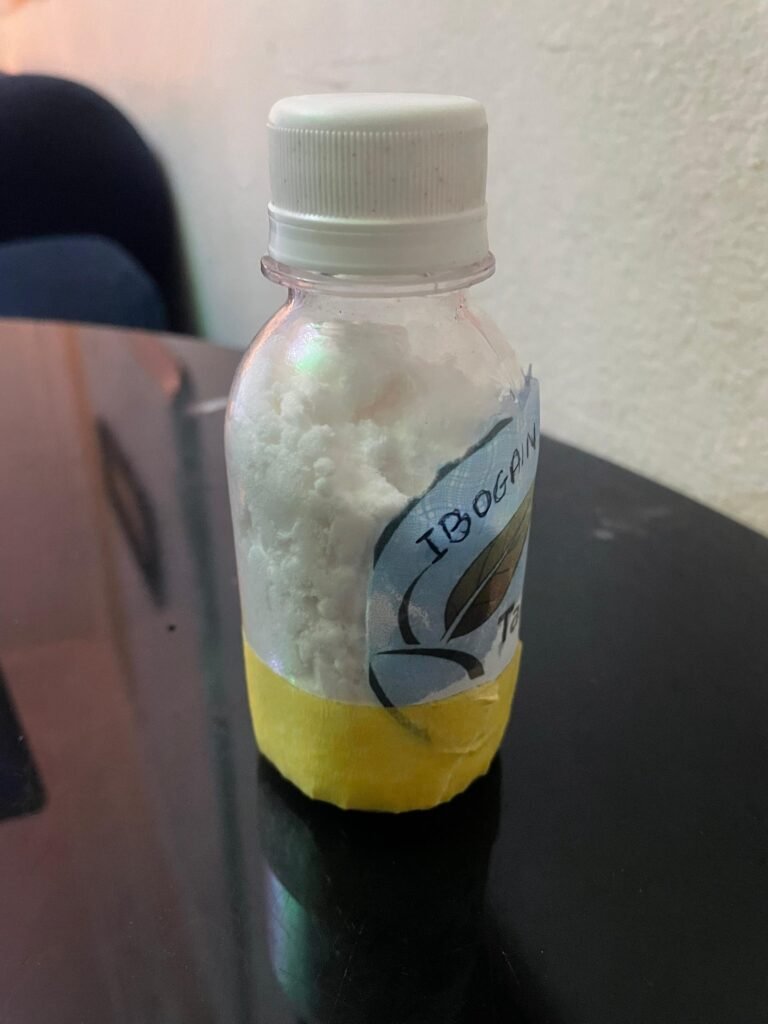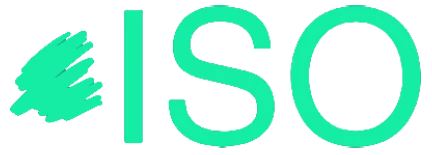Opioid Addiction Medication: Pathways to Recovery
opioid addiction medication is one of the most important tools in the fight against the global opioid crisis. For people battling dependence on heroin, fentanyl, oxycodone, or other opioids, medication provides stability, reduces withdrawal symptoms, and lowers the risk of relapse. When combined with therapy and holistic care, it offers a solid foundation for long-term recovery.
This guide explores the types of medications available, how they work, their benefits, and why natural alternatives like ibogaine are gaining attention worldwide.
1. Understanding Opioid Addiction
Opioids work by binding to receptors in the brain and nervous system, reducing pain and creating feelings of euphoria. Over time, the brain adapts, leading to tolerance and dependence. When a person tries to stop using opioids, they face severe withdrawal symptoms, including anxiety, insomnia, nausea, and overwhelming cravings.
This cycle makes quitting without help nearly impossible, which is why medication-assisted treatment has become essential in addressing addiction.
2. What Is Medication-Assisted Treatment (MAT)?
Medication-Assisted Treatment, or MAT, combines FDA-approved medications with counseling and behavioral therapy. It helps stabilize brain chemistry, block the euphoric effects of opioids, and normalize body functions without the harmful highs and lows of misuse.
MAT is not about replacing one addiction with another—it’s about giving people the stability they need to rebuild their lives.
3. Common Opioid Addiction Medications
Methadone
Methadone is a long-acting opioid agonist that reduces cravings and withdrawal symptoms. It does not create the same euphoric high when administered properly, allowing patients to function normally in daily life.
Buprenorphine
Buprenorphine is a partial opioid agonist, which means it activates opioid receptors but only to a limited extent. This makes it safer, with a lower risk of misuse and overdose. It can be prescribed in outpatient settings, making it more accessible than methadone.
Naltrexone
Naltrexone is an opioid antagonist. Instead of activating receptors, it blocks them entirely, preventing opioids from producing any effect. This makes relapse less appealing, as the individual cannot experience the high from opioids while taking it.
4. Benefits of Opioid Addiction Medication
opioid addiction medication provide several key benefits, including:
- Reduced withdrawal symptoms
- Lower cravings
- Decreased risk of overdose
- Improved mental clarity and stability
- Better engagement in therapy and daily life
5. Challenges and Considerations
While effective, these medications are not a cure. Long-term commitment is often needed, and access may be limited in some regions. Additionally, patients must pair medication with therapy, lifestyle changes, and community support to achieve lasting recovery.
6. Holistic and Alternative Options
Alongside traditional medications, many individuals seek natural and holistic solutions for opioid dependence. These include:
- Nutritional therapy for brain restoration
- Yoga and meditation for stress management
- Herbal supplements to improve mood and sleep
- Psychedelic-assisted therapy with ibogaine
7. Ibogaine: A Natural Breakthrough
Ibogaine, derived from the African shrub Tabernanthe iboga, offers a unique approach to addiction treatment. Unlike methadone or buprenorphine, ibogaine is not taken daily. Instead, a single session or short series of treatments can drastically reduce withdrawal symptoms and cravings.
Reported benefits include:
- Rapid detoxification without prolonged suffering
- Lasting reduction in cravings
- Profound psychological insights into addictive patterns
- Support for both physical and emotional healing
Because ibogaine acts deeply on the brain’s chemistry, it is viewed as a potential “reset button” for those who have struggled with repeated relapses.
8. Choosing the Right Path
The right treatment depends on individual needs. For some, methadone or buprenorphine may provide the stability required to function day-to-day. For others, natural options like ibogaine offer a more transformative approach. The best outcomes often come from combining medical support with holistic healing methods, therapy, and strong community networks.

Conclusion – Relating with Iboga and Ibogaine
opioid addiction medication has saved countless lives by offering a structured path through the difficulties of withdrawal and cravings. Yet, more people are seeking natural and holistic alternatives that address both the physical and emotional roots of addiction. Iboga and ibogaine stand out as powerful allies in this journey, offering deep healing where conventional methods may fall short.
At Ibogastoreonline, we provide premium-quality iboga root bark and ibogaine HCL to support individuals on their recovery path. Our commitment is to safety, authenticity, and life-changing results.
📞 Contact us today at +237653823790 or +237672584494
Your journey to freedom starts here.


